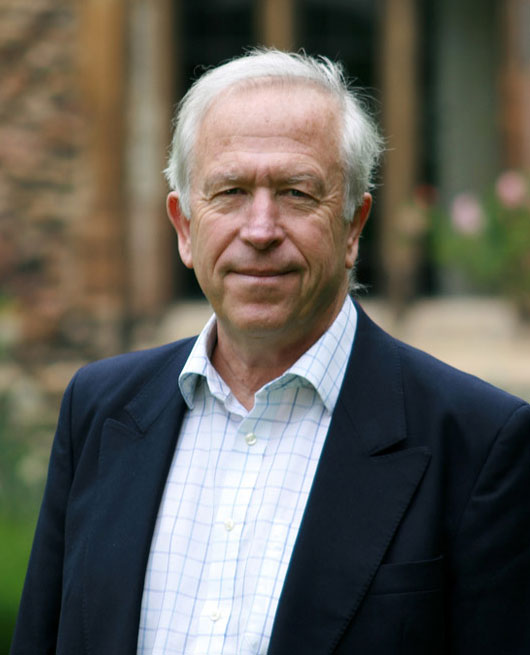Professor Simon Blackburn
FBA
Year started
2017
Subject
Philosophy
Fellow Type
Honorary,
Though Simon Blackburn first came to international prominence as a philosopher during his 21 years as a Fellow of Pembroke College, Oxford, he is thoroughly rooted in Cambridge. He was a slightly younger contemporary of Edward Craig as a Philosophy undergraduate at Trinity College (Cambridge), and he obtained his first position as a professional philosopher at Churchill College in 1967 when he became a Junior Research Fellow. Simon left Churchill for Oxford two years later. After his two decades there, he journeyed across the Atlantic to become the Edna J. Koury Distinguished Professor of Philosophy at the University of North Carolina-Chapel Hill. He finally returned to Cambridge in 2000 as the Bertrand Russell Professor of Philosophy and as a Fellow of Trinity, his undergraduate college. Though he retired in 2011, he remains very active in his philosophical writing and especially in his efforts during the past couple of decades to communicate philosophical ideas to broad audiences.
When Simon arrived at Churchill as a Junior Research Fellow half a century ago, the College was not yet a decade old. (Winston Churchill himself had died only a couple of years earlier.) Women were not yet admitted as undergraduates, but the matter of opening the admissions process to them was a central topic of discussion in the Governing Body at the time. Simon recalls that the tone and substance of the deliberations at Churchill about that matter were highly enlightened in comparison with what he somewhat later encountered at Pembroke College, Oxford.
In another respect as well, Churchill was in a transitional period during much of Simon’s time here. The first Master, John Cockcroft, had died suddenly of a heart attack shortly before Simon arrived. For Simon personally, moreover, his stint as a Junior Research Fellow was transitional in that he got married and completed his doctoral dissertation during that period. Having gone on to attain numerous honors since his arrival at the College five decades ago, he is by any credible reckoning one of the foremost philosophers in the world alive today.
